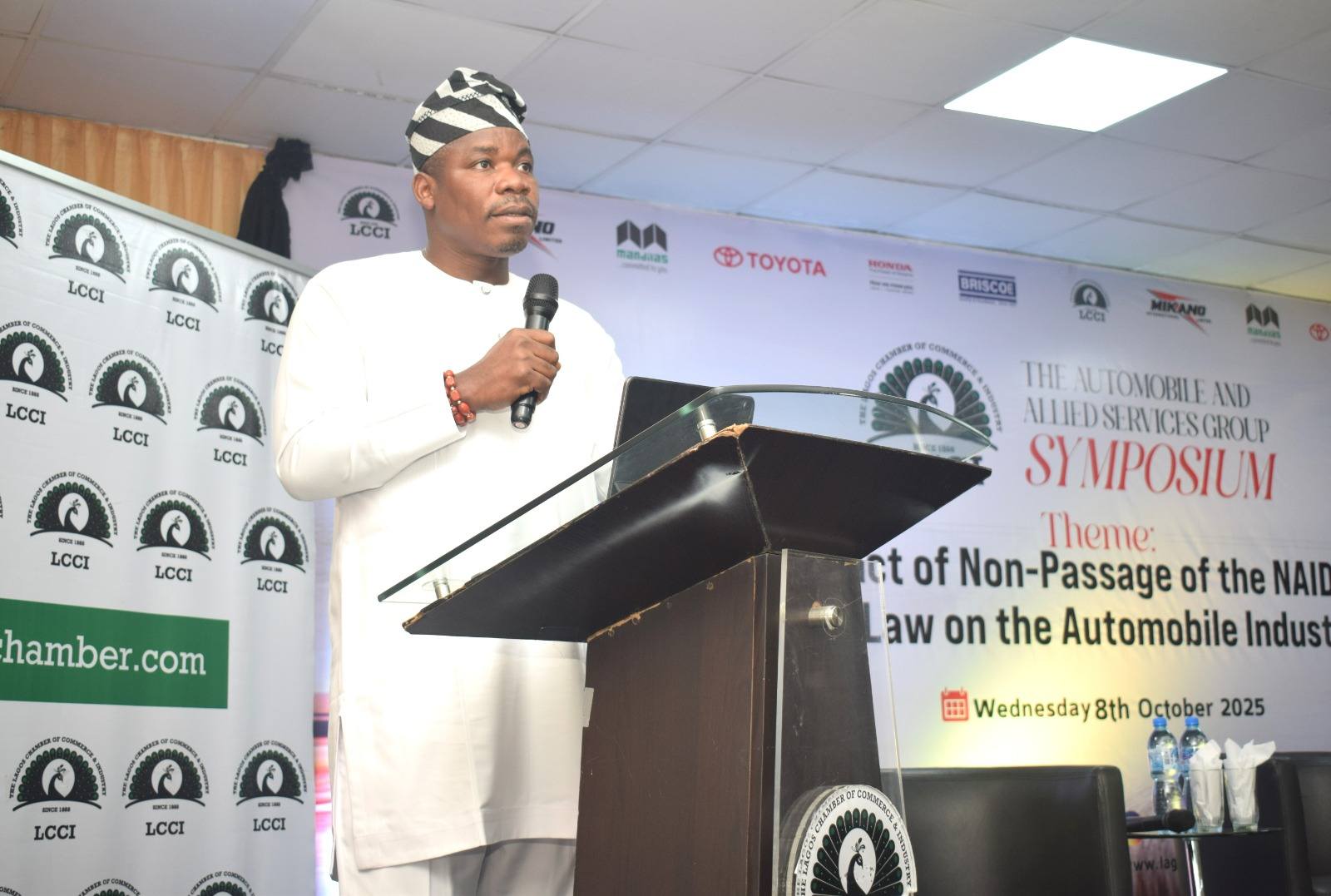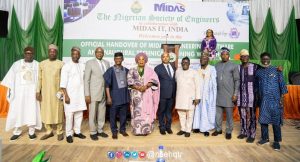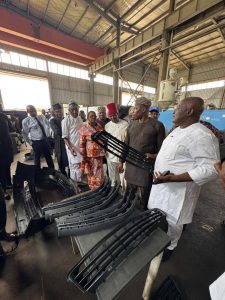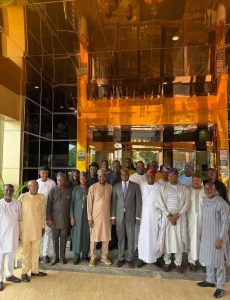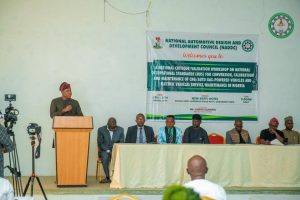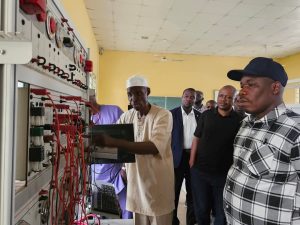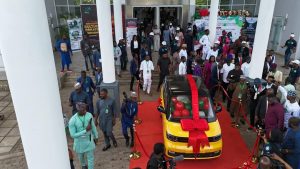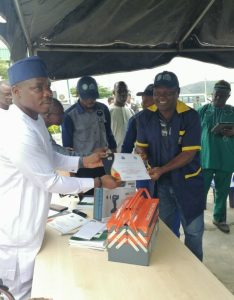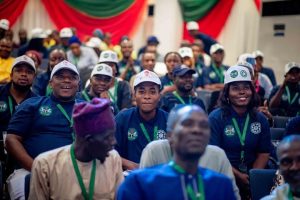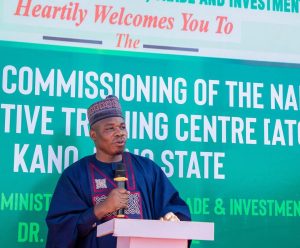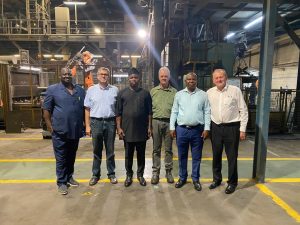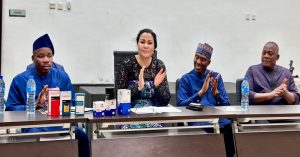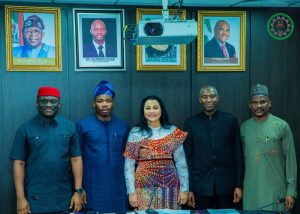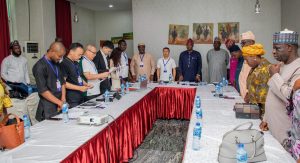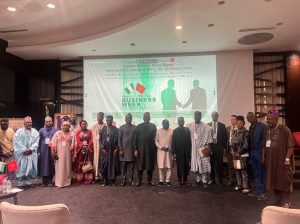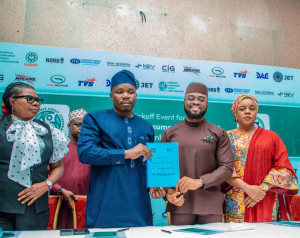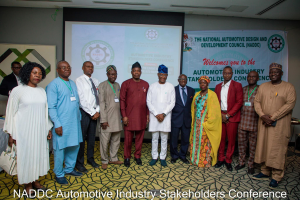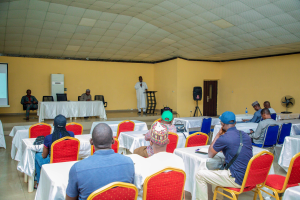On the 8th of October 2025, in Lagos at the Lagos chamber of commerce and industry, The Director General of the National Automotive Design and Development Council (NADDC), Mr. Oluwemimo Joseph Osanipin, has reiterated the urgent need for the Nigerian Automotive Industry Development Policy (NAIDP) to be passed into law, describing it as a critical enabler of industrial transformation and economic diversification in Nigeria.
Speaking during his keynote address at the Lagos Chamber of Commerce and Industry (LCCI) event themed “The Impact of Non-Passage of the NAID Policy into Law on the Automobile Industry,” Mr. Osanipin highlighted that the absence of legislative backing for the NAIDP continues to expose the sector to uncertainties, discourage investors, and stall Nigeria’s ambition of becoming West Africa’s automotive hub.
“Since its introduction in 2014, the NAIDP has been a comprehensive roadmap for developing our automotive sector—creating jobs, attracting investment, and deepening technology transfer,” Mr. Osanipin stated. “However, without the law, we risk reversing the gains we’ve made and losing competitiveness to neighbouring African countries that already have codified auto policies under AfCFTA.”
The NADDC DG further noted that over 58 automotive assemblers have made investment commitments under the policy, with more than 30 companies actively assembling vehicles in Nigeria today.
He cited the success of local brands such as Innoson, Jet and Nord, and the Council’s progress in areas like capacity building, component development, market expansion, and green mobility innovation.
According to Osanipin, the Council has trained over 30,000 auto technicians across 18 training centres, established material and component test centres in Zaria and Enugu, and completed solar-powered EV charging stations to support Nigeria’s transition to clean energy vehicles.
“Our vision is to build a complete automotive ecosystem—from assembly plants to component production, research and development, and skills training—while promoting a circular economy through vehicle recycling and green mobility,” he added.
“We therefore call on the Lagos Chamber of Commerce and Industry and other private sector stakeholders to join us in advocating for the passage of this policy into law.”
The President of the Lagos Chamber of Commerce and Industry (LCCI), Mr. Gabriel Idahosa, FCA. commended the NADDC for its steadfast commitment to developing Nigeria’s automotive sector and reaffirmed the Chamber’s readiness to support the policy’s passage.
“The LCCI recognizes the NAIDP as a transformative framework capable of driving industrialization, creating employment, and positioning Nigeria as an automotive hub in Africa,” Mr. Gabriel Idahosa, said.
“However, the absence of a legal framework continues to create regulatory uncertainty and discourages both local and foreign investments. We are committed to working closely with NADDC, the National Assembly, and relevant ministries to ensure that the NAIDP receives the legislative attention it deserves.”
He further stressed that the private sector must collaborate with government agencies like the NADDC to strengthen the automotive value chain, develop local component manufacturing, and promote innovation-driven growth.
Both institutions emphasized that the passage of the NAIDP into law would secure Nigeria’s automotive future, protect existing investments, and empower Nigerian youths with sustainable skills.
“The NAIDP is not merely a policy; it is a national development instrument,” Mr. Osanipin concluded. “Its passage will ensure a future where Nigerians drive vehicles made in Nigeria, by Nigerians, and for the Nigerian market and beyond.”
#NADDC#NAIDP#madeinnigeriavehicle#FutureOfMobility#automotiveindustry

